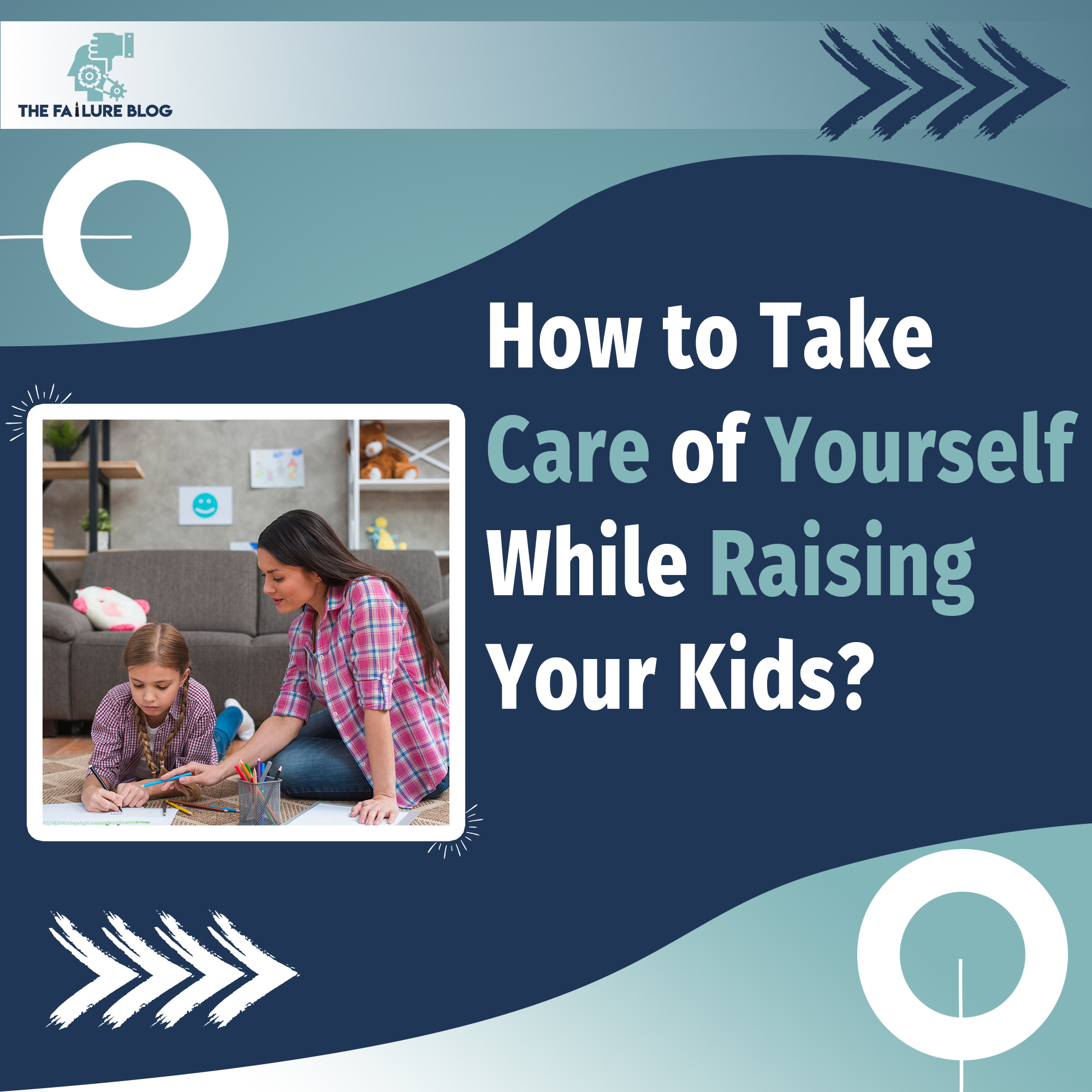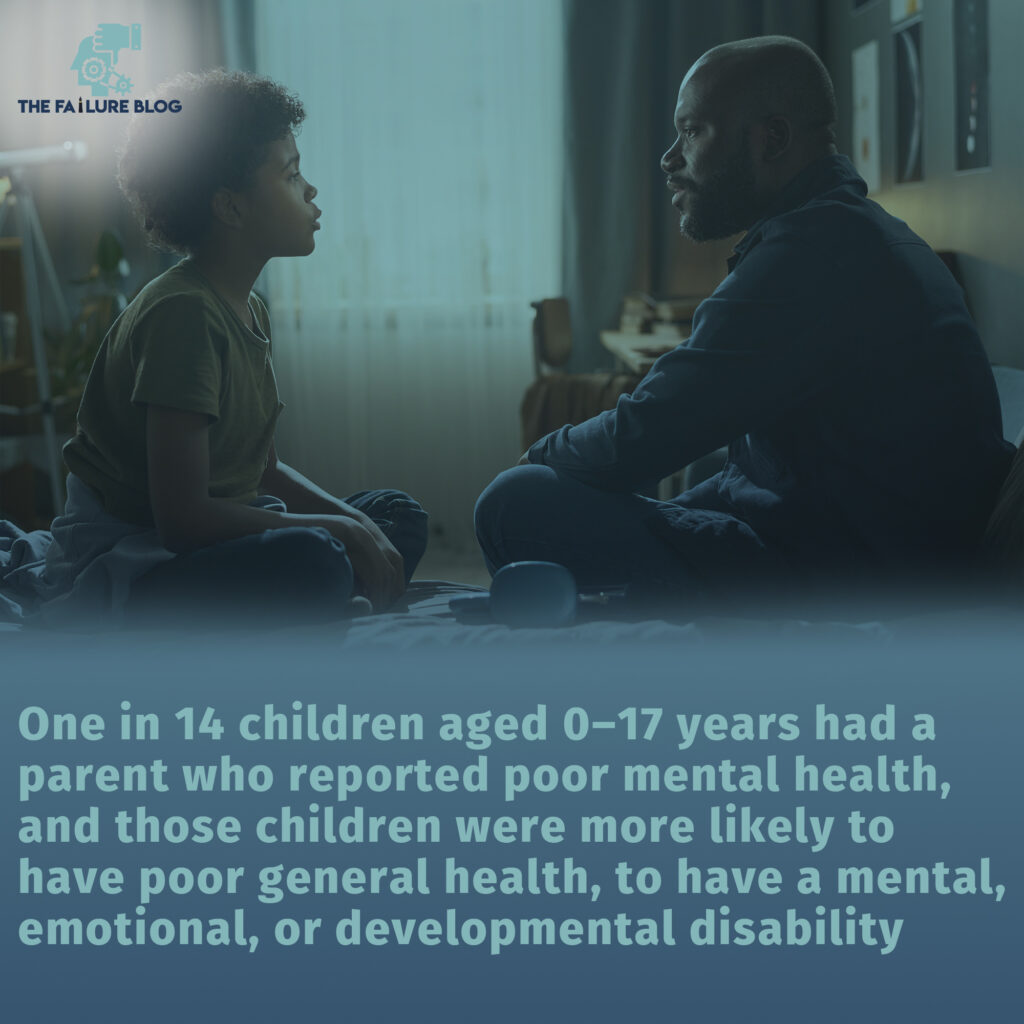
Parenting is often depicted as a never-ending whirlwind of activity, where the needs of your children seem to take precedence over everything else. From juggling school runs to managing extracurricular activities, it’s easy to feel like there’s no room left for you. But here’s the truth: taking care of yourself isn’t a luxury—it’s a necessity. Imagine trying to drive a car without fuel or a ship navigating without a compass. Without proper self-care, you risk running on empty, which can affect your energy levels, mood, and overall well-being.
In the midst of caring for your children, finding time for yourself may seem like an impossible task. Yet, nurturing your own needs is essential for maintaining a balanced and fulfilling life. It’s not about putting yourself first to the detriment of your kids; rather, it’s about creating a healthier, more harmonious family environment by ensuring you’re at your best. So, how can you strike this delicate balance? Let’s explore practical strategies that will help you manage your responsibilities while keeping your own well-being front and center.
The Power of Routine
Routines aren’t just for kids; they’re vital for parents too. Establishing a daily routine helps create a sense of stability and predictability for both you and your children. Start with small, manageable steps, like setting specific times for meals, bedtime, and personal activities. When your day follows a rhythm, it becomes easier to carve out moments for yourself without feeling like you’re neglecting your family.
Set Boundaries and Stick to Them
Setting boundaries is key to maintaining balance. It’s okay to say no to extra responsibilities or social engagements that might overextend you. Communicate clearly with friends, family, and even your kids about your need for personal time. Whether it’s an hour of uninterrupted reading or a quiet walk around the block, respecting your own boundaries ensures you recharge and stay mentally healthy.
Prioritize Sleep and Nutrition
It’s tempting to sacrifice sleep and healthy eating for the sake of productivity or to attend to a child’s needs. However, proper sleep and nutrition are foundational to your well-being. Aim for at least 7-8 hours of sleep each night, and try to eat balanced meals. Small changes, like preparing meals in advance or using a meal delivery service, can make a big difference in maintaining your health while juggling parenting duties.

Incorporate Physical Activity
Exercise is a fantastic way to reduce stress and boost your mood. It doesn’t have to be an hour-long gym session; even short bursts of physical activity can be beneficial. Consider activities that you can do with your kids, such as playing in the park, going for family bike rides, or dancing around the living room. Not only does this keep you active, but it also sets a positive example for your children.
Make Time for Hobbies
Hobbies aren’t just a luxury; they’re a necessity for maintaining a sense of self. Whether you enjoy painting, gardening, or knitting, make sure to dedicate some time to your passions. Schedule these activities into your routine and let your family know about your hobby time. It’s essential for your mental well-being and helps you stay connected to your personal interests outside of parenting.
Seek Support When Needed
You don’t have to do everything on your own. Reach out for support from friends, family, or professional services. Having a reliable support system can make a significant difference in managing stress and maintaining balance. If you’re feeling particularly overwhelmed, consider talking to a therapist or counselor who can offer strategies tailored to your situation.
Practice Mindfulness and Relaxation Techniques
Mindfulness practices, such as meditation and deep-breathing exercises, can be incredibly effective in managing stress. Even a few minutes of mindfulness each day can help you stay centered and calm. Find a quiet space, focus on your breathing, and let go of any tension. Incorporating these techniques into your daily routine can improve your overall mood and help you respond to parenting challenges with greater patience and clarity.
Build a Supportive Community
Connecting with other parents can be both comforting and enlightening. Join parenting groups, either in person or online, to share experiences, advice, and support. Engaging with others who understand the unique challenges of parenting can provide valuable insights and a sense of camaraderie. Sometimes, just knowing that others are facing similar challenges can make a big difference in how you cope with your own.

Celebrate Small Wins
Parenting is full of challenges, but it’s important to celebrate the small victories along the way. Recognize and appreciate your efforts, no matter how minor they may seem. Celebrating these moments boosts your morale and reinforces your self-worth. Whether it’s getting through a tough day or managing to find time for a short break, give yourself credit for the successes, however small they might be.
Adjust Expectations and Be Kind to Yourself
It’s essential to set realistic expectations and be kind to yourself. Perfection isn’t the goal; being a loving and attentive parent is what matters most. Acknowledge that it’s okay to have off days and that seeking balance is an ongoing process. Practice self-compassion and remember that taking care of yourself isn’t selfish—it’s a vital part of being able to care for your family effectively.
Conclusion
Balancing self-care with parenting requires intentional effort and mindfulness. By embracing routines, setting boundaries, prioritizing health, and seeking support, you can create a nurturing environment for both yourself and your children. Remember, taking care of yourself is not just about managing stress—it’s about thriving as a parent and an individual. With these strategies, you can enjoy the journey of raising your kids while also honoring your own needs and well-being.





Leave a Reply